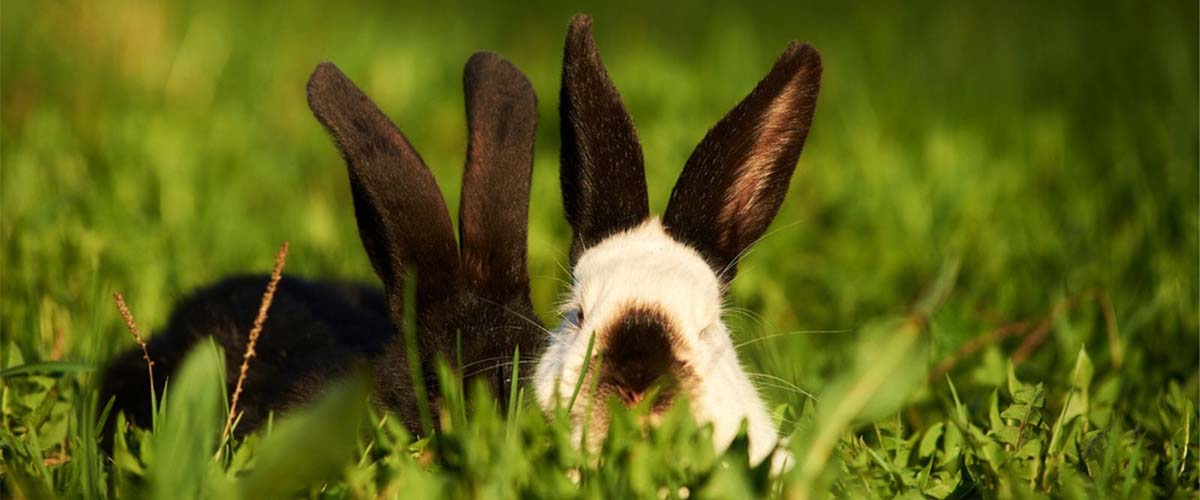Why do rabbits grind their teeth?
Overview
- Have you noticed your rabbit grinding their teeth?
- Depending on how your rabbit is grinding his/her teeth, it could be a sign of pain/illness/distress (loud grinding), or happiness and contentment (quiet, soft grinding)!
- It’s important to have your rabbit checked by your vet to find out why they are grinding their teeth, even if they seem otherwise fine in themselves.
- Contact your vet urgently if you think your rabbit is in pain, especially if their tooth grinding started suddenly and/or they are showing any other symptoms such as drooling, a reduced appetite or low energy.
General information and causes
There are two main types of tooth grinding:
Loud tooth grinding
Rabbits tend to grind their teeth loudly if they are unwell, in pain, or stressed.
Quiet tooth grinding
Rabbits tend to quietly grind the front teeth when they are happy and relaxed (similar to a cat’s purr), and when they wear down their front teeth (to keep them the right size and shape). This type of grinding is common when you stroke a rabbit that is extremely relaxed.
When to contact your vet
It’s always best to contact your vet if your rabbit has started grinding his/her teeth, and it’s important to act quickly if your rabbit seems to be in pain, isn’t eating as much as normal, or is showing any other symptoms such as drooling or low energy. If possible, film your rabbit grinding their teeth to show your vet - even if it turns out to be normal natural tooth grinding, it’s better to be safe than sorry.
Other symptoms to look out for
Your vet will want to know if you have noticed any other symptoms of pain, illness or stress, including:
- A reduced appetite
- Excessive drooling/dribbling
- Weepy eyes
- A mucky bottom
- Hiding away and not wanting to be handled
- Changes in behaviour (being grumpy)
- Pooing less than usual
- Diarrhoea, soft or different shaped poos
- Low energy (lethargy)
Published: January 2021
Did you find this page useful?
Tell us more
Please note, our vets and nurses are unable to respond to questions via this form. If you are concerned about your pet’s health, please contact your vet directly.
Thank you for your feedback
Want to hear more about PDSA and get pet care tips from our vet experts?
Sign up to our e-newsletter
Written by vets and vet nurses. This advice is for UK pets only. Illustrations by Samantha Elmhurst.

